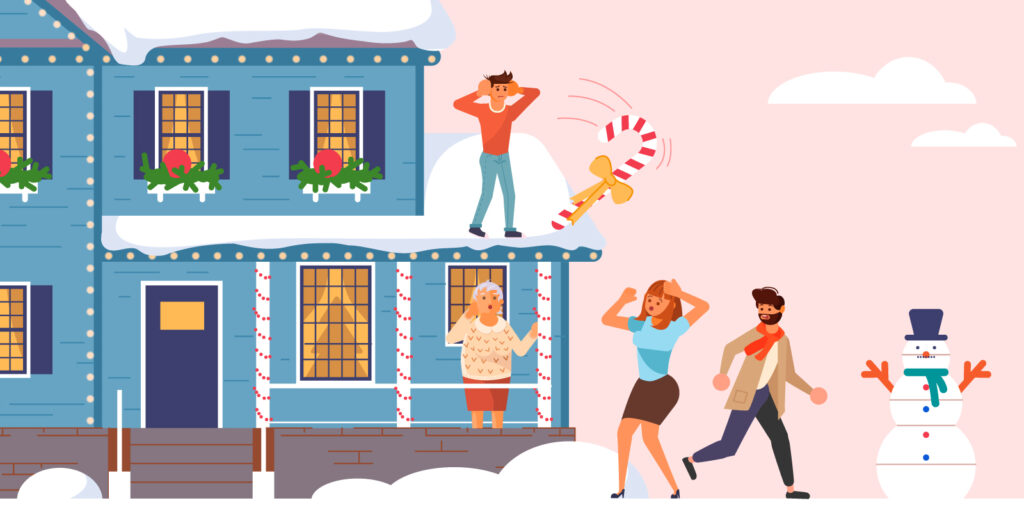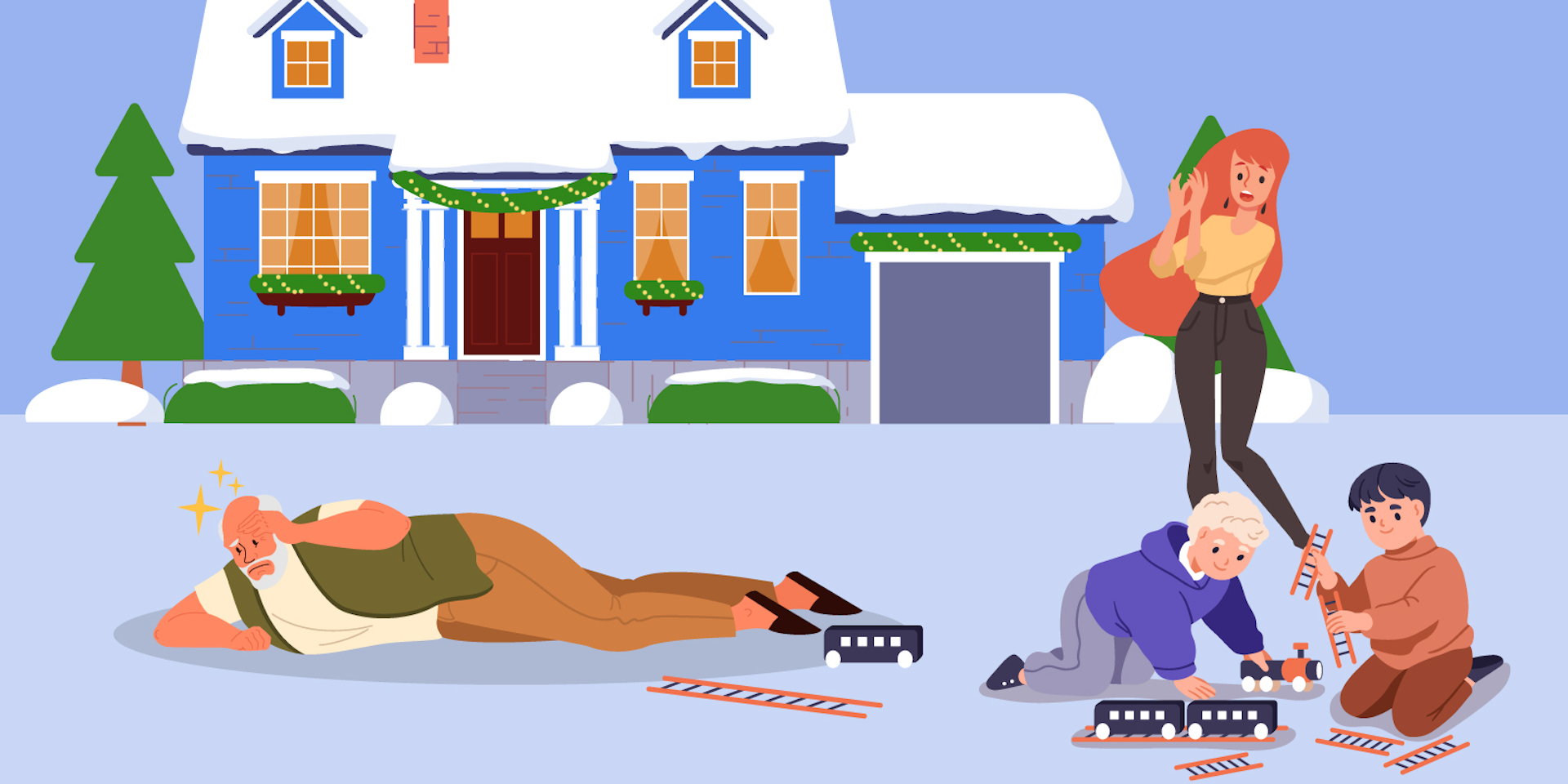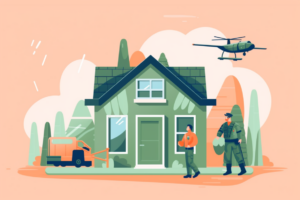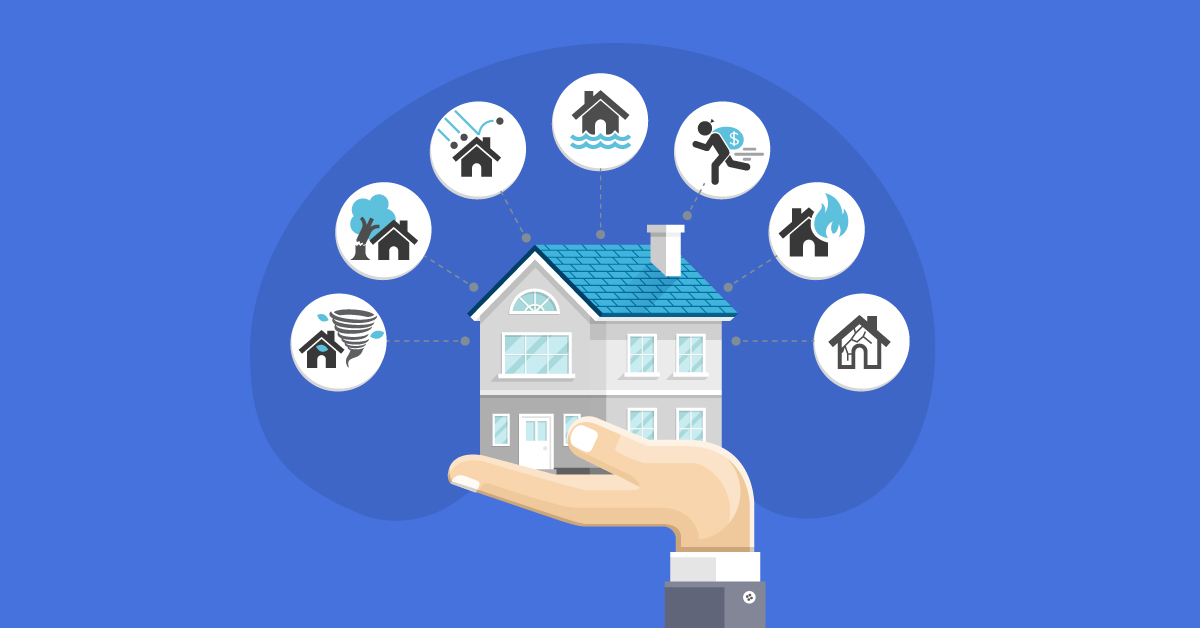Homeowners insurance pays to repair or replace your home after a covered loss. For example, if your roof is damaged during a tornado, your insurance company should pay to have it replaced. Many policies also include personal liability coverage, which covers you if someone sues you for property damage or injuries sustained on your property. Keep reading to learn more about personal liability home insurance and how it can protect your financial future.
Personal Liability Insurance Defined
The average personal injury settlement ranges from $3,000 to $75,000, according to Adam S. Cutner, a personal injury attorney practicing in Nevada. If you don’t have that much money in your bank account, what would you do if someone got hurt while visiting your home? How about if their property sustained damage during the visit? Personal liability insurance ensures that you don’t have to pay out of pocket if you’re sued and found legally responsible for what happened.
Are You Required to Have Personal Liability Home Insurance?
No state or federal law requires homeowners to carry personal liability coverage. However, if you don’t own your home outright, your lender will likely require your homeowner’s insurance policy to include personal liability protection. This extra coverage protects the lender’s investment in your home until you pay off the mortgage.
What’s Covered by Personal Liability Home Insurance?

Personal liability home insurance covers several types of claims. Here are some of the most common:
Medical Care
Your policy should cover medical expenses if someone gets hurt while visiting your home. For example, if a friend breaks a bone by tripping on a floor runner, your personal liability coverage would likely pay for them to go to the emergency room and have a cast put on. Their hospital bills will also be covered if the break is severe enough to require surgery.
Legal Costs
Many lawsuits include attorney fees and other legal costs. Your personal liability home insurance will cover these fees if you’re sued.
Death Benefit
If a covered accident results in a fatality, your insurance policy may pay a death benefit to the deceased person’s beneficiaries.
Loss of Income
If someone is injured severely enough to keep them out of work, personal liability home insurance will cover their lost income.
What’s Not Covered by This Type of Policy?
Although personal liability coverage is relatively comprehensive, it doesn’t cover everything. Here’s what this type of policy typically excludes:
Intentional Damage or Injury
Your insurance company won’t cover intentional acts. For example, if someone in your family purposely trips a guest, your policy likely won’t pay the resulting medical bills.
Members of the Household
Personal liability home insurance doesn’t cover injuries sustained by people living in the house. You’ll need to use your health insurance to pay the medical bills if you’re injured. If you have short-term or long-term disability coverage, you may be able to use that to replace income lost due to your injury.
Auto-Related Accidents
Your policy won’t cover injuries caused by auto accidents. You’ll have to file a claim with your auto insurance if you’re in a car crash.
Business-Related Accidents
If you operate a business out of your home, your personal liability home insurance policy won’t cover injuries or property damage arising from business activity. For example, if you repair computers as part of your business, your policy won’t cover a client’s computer if it’s damaged while on your property.
Choosing the Right Personal Liability Coverage Amount
With inflation at its highest level since the 1980s, it’s tempting to cut costs by choosing low coverage limits when you sign up for an insurance policy. If you’re sued, however, that decision could come back to haunt you. A short hospital stay — just three days — costs an average of $30,000. Imagine how much you’d have to spend to cover a lengthy ICU stay or complex surgical procedure. Increased labor costs and materials shortages have also made it much more expensive to replace damaged property.
Most homeowners insurance policies provide at least $100,000 of personal liability coverage, but you may need more if any of the following apply to your situation:
- You have a swimming pool.
- You have a trampoline.
- You regularly have guests over to hunt or participate in other risky activities.
- You belong to a nonprofit organization’s board of directors.
- You hold a prominent position in your company.
- You own a dog.
- You regularly host large gatherings in your home.
- You live in an affluent neighborhood.
Purchasing Umbrella Coverage
If you have a high net worth, you should purchase umbrella coverage for even more protection. An umbrella policy provides coverage beyond the limits of your existing insurance policies. Here’s how this type of coverage works.
Assume you have a homeowners insurance policy with $200,000 in personal liability coverage. Now imagine that an accident occurs on your property, and you’re sued for $400,000. If you’re found legally liable and have no additional protection, you’ll have to come up with the other $200,000 on your own. An umbrella policy would pay the extra $200,000, leaving you with no out-of-pocket costs and a much stronger financial future.
It costs an average of $383 per year to purchase a $1 million umbrella policy, a small price to pay for the extra peace of mind that comes from knowing you’re covered in the event of an unfortunate accident on your property.
Keep Yourself Covered
While no one likes to think about it, accidents happen—and sometimes they happen in our own homes. Most Americans have some form of homeowners insurance. And if you have your home financed, you likely have some kind of personal liability coverage as a requirement of your lender. However, you’ll need to talk to your agent regularly to ensure you have the right amount of coverage to keep you financially sound in the event of a lawsuit.
You might also be interested in: How to Shop for Home Insurance and Different Levels of Coverage





